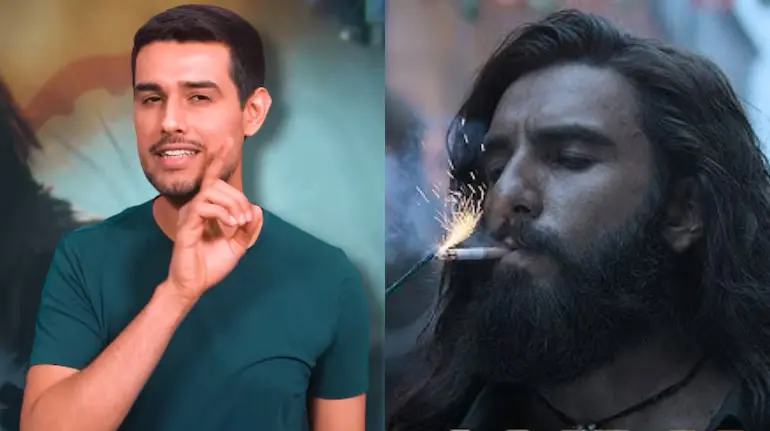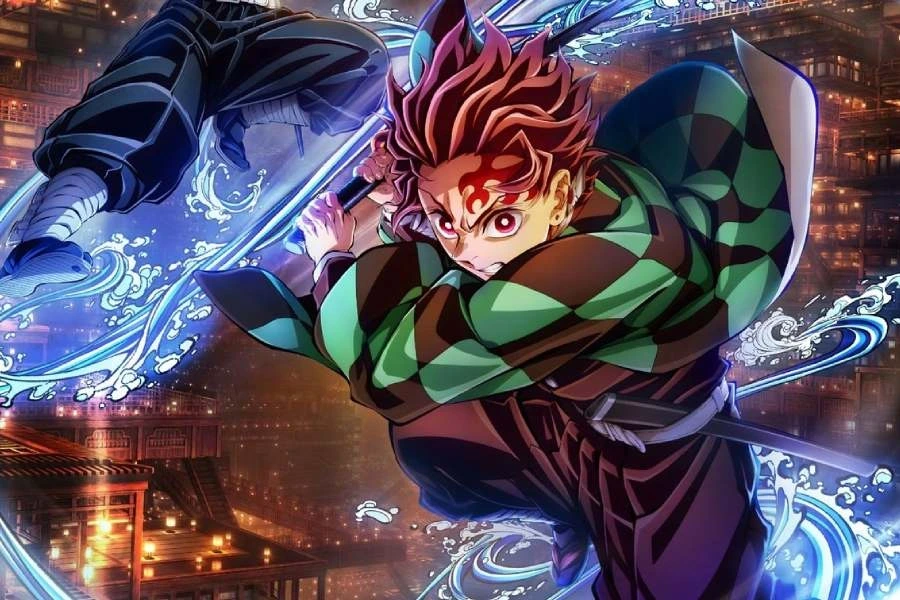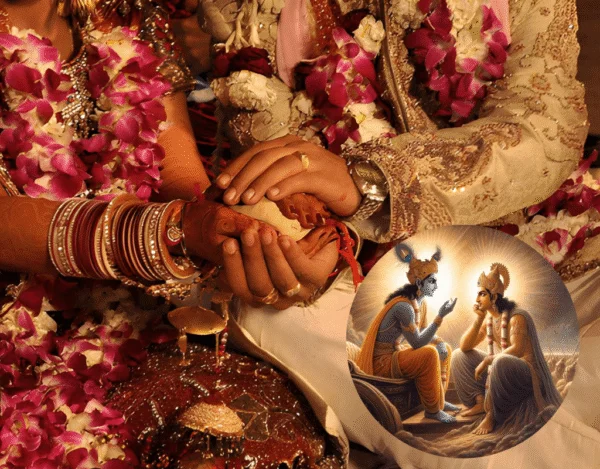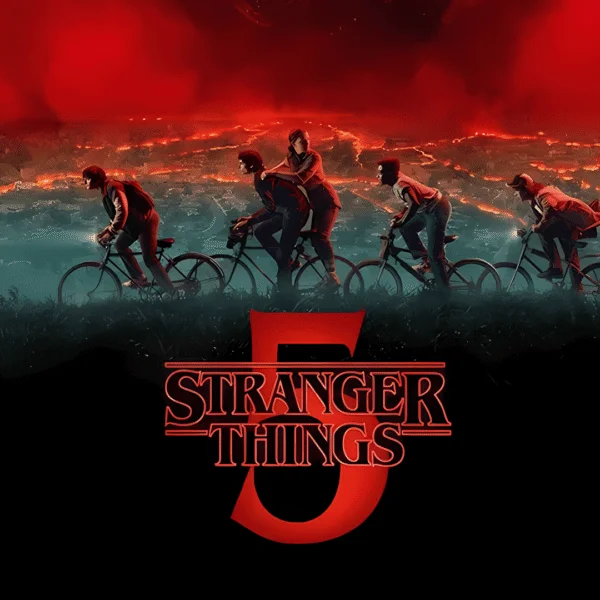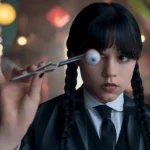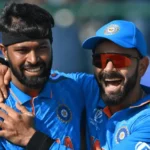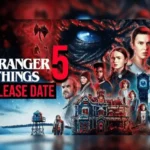Now Reading: Best Anime of All Time: 10 Series That Still Hit Different Years Later
-
01
Best Anime of All Time: 10 Series That Still Hit Different Years Later
Best Anime of All Time: 10 Series That Still Hit Different Years Later
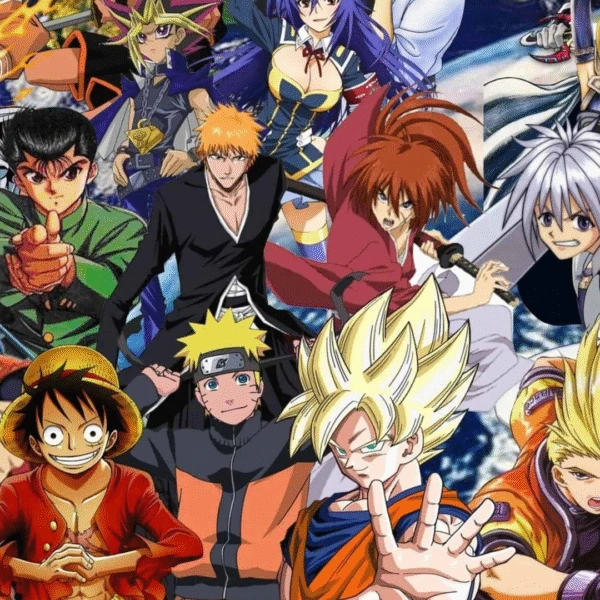
Listen, we get it. You’re drowning in a sea of seasonal anime releases, overwhelmed by the endless debate about whether the latest isekai protagonist is actually interesting or just another overpowered bland guy with a harem. Meanwhile, your friend keeps insisting that you absolutely must watch their favorite 900-episode series that’s “totally worth it once you get past the first 200 episodes.” Sound familiar?
Here’s the thing about truly great anime – it doesn’t matter if it aired in 1997 or 2023. Quality storytelling, memorable characters, and emotional depth never go out of style. These evergreen series have survived the test of time, multiple rewatches, and even the most critical anime snobs because they’re just that good.
So grab your favorite snacks, settle in, and let’s talk about the anime series that remain absolutely essential viewing, no matter how many years pass or how many new shows try to dethrone them.
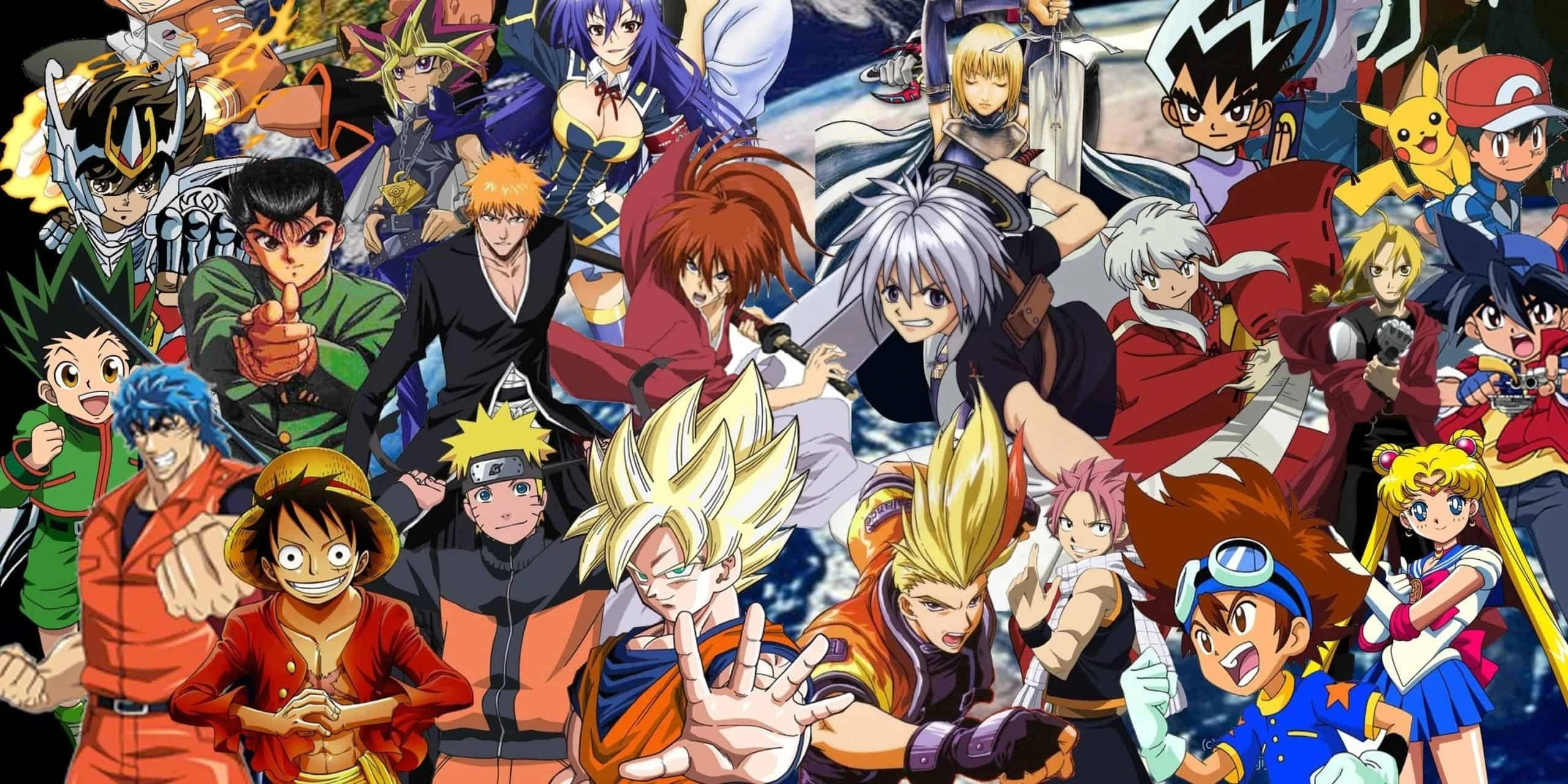
Death Note: The Ultimate Psychological Chess Match
Starting strong with the series that probably convinced half of us that we were secretly criminal masterminds. Death Note remains the gold standard for psychological thrillers in anime, and honestly, it’s not even close. Light Yagami’s transformation from honor student to megalomaniacal god-complex killer is so well-crafted that you’ll find yourself rooting for him even when you know he’s absolutely, unquestionably the villain.
The cat-and-mouse game between Light and L is pure genius. Every conversation is loaded with subtext, every action has three hidden meanings, and every episode ends with you questioning everything you thought you knew. The series manages to make eating potato chips and writing names in a notebook feel like the most intense activities known to humanity.
What makes Death Note eternally rewatchable is how different it feels when you know the ending. Light’s early scenes hit completely differently when you understand his ultimate fate, and L’s seemingly random observations suddenly make perfect sense. It’s like watching a magic trick twice – first for the wonder, then for the technique.
The psychological complexity never feels forced or pretentious. These characters are genuinely intelligent, not just smart because the plot needs them to be. Their strategies actually make sense, their deductions follow logical paths, and their personalities drive the story rather than serving it.
Attack on Titan: Humanity’s Most Traumatic Masterpiece
Fair warning: Attack on Titan will emotionally destroy you, rebuild you, then destroy you again just for good measure. This series redefined what anime could be in terms of political complexity, moral ambiguity, and sheer narrative ambition. What starts as a seemingly straightforward “humans versus giants” survival story evolves into a meditation on war, freedom, genocide, and the cyclical nature of hatred.
Eren Yeager’s character development is probably the most divisive and brilliant protagonist journey in anime history. Watching him evolve from a hot-headed kid screaming about freedom to… well, no spoilers, but let’s just say his definition of freedom gets complicated. The series asks uncomfortable questions about justice, revenge, and whether some crimes are too great to forgive.
The world-building is absolutely insane in the best possible way. Every seemingly random detail from early episodes becomes crucial later. Every background character has a story. Every political faction has legitimate grievances. It’s the kind of intricate plotting that rewards obsessive fans and makes casual viewers feel like they’re missing something important (because they probably are).
Visually, the series is a masterclass in kinetic action and horrifying imagery. The ODM gear sequences remain some of the most thrilling action scenes ever animated, while the titans themselves are nightmare fuel that somehow becomes weirdly sympathetic by the end.
Cowboy Bebop: Space Jazz That Hits Different
Cowboy Bebop is what happens when you give incredibly talented creators complete artistic freedom and trust them to make something beautiful. This isn’t just anime; it’s a mood, an aesthetic, a whole vibe that somehow perfectly captures the feeling of being lost in space and time while chasing ghosts from your past.
The episodic structure works perfectly because each story feels like a short film. Whether it’s Spike’s tragic backstory, Faye’s memory recovery, or Ed’s chaotic computer adventures, every character gets moments to shine without the narrative feeling disjointed. The series understands that sometimes the journey matters more than the destination.
The soundtrack deserves its own paragraph because Yoko Kanno created something transcendent. The jazz influences aren’t just background music; they’re integral to the storytelling. Tank! is obviously iconic, but tracks like Green Bird and Rain will make you feel emotions you didn’t know existed. The music elevates every scene from good to unforgettable.
Spike Spiegel remains one of anime’s coolest protagonists without ever trying too hard. He’s competent without being overpowered, philosophical without being pretentious, and tragic without being melodramatic. The way he carries his past regrets feels genuinely human rather than artificially dramatic.
Fullmetal Alchemist: Brotherhood – The Perfect Adventure
Brotherhood is what happens when source material is respected, adaptation is done right, and every single element clicks into place. This series proves that you can have epic world-building, complex politics, genuine humor, devastating tragedy, and satisfying action all in the same package without any element suffering.
The Elric brothers’ quest starts as a simple rescue mission but evolves into a conspiracy that threatens their entire world. What makes it special is how earned every revelation feels. The homunculi aren’t just random villains; they represent specific aspects of human nature. The military conspiracy isn’t just evil for evil’s sake; it has logical motivations and real-world parallels.
Character development across the massive cast is remarkably consistent. Everyone from major players like Roy Mustang and Winry Rockbell to supporting characters like the Armstrong family feels like a real person with their own motivations and growth arcs. The series never forgets about anyone, and payoffs for minor character moments sometimes don’t come until dozens of episodes later.
The alchemy system is one of fiction’s best magic systems because it has clear rules, logical limitations, and philosophical implications. Equivalent exchange isn’t just a plot device; it’s a worldview that influences how characters think and act. The series explores what happens when people try to cheat this fundamental law and why some prices are too high to pay.
One Piece: The Adventure That Never Ends
Yes, One Piece has over 1000 episodes. Yes, that’s intimidating. No, you shouldn’t let that stop you from experiencing one of the greatest adventure stories ever told. Eiichiro Oda created a world so vast and detailed that every island feels like a completely new story while maintaining the overarching sense of adventure and wonder.
The Straw Hat Pirates work because each member brings something unique to the crew beyond just fighting ability. Luffy’s infectious optimism, Zoro’s dedication, Nami’s practicality, Usopp’s creativity, Sanji’s passion – every personality complements the others without anyone feeling redundant. Their interactions feel like genuine friendship rather than forced camaraderie.
The emotional moments in One Piece hit harder than they have any right to. Stories like Robin’s “I want to live!” or Brook’s isolation shouldn’t work in a series about rubber pirates, but Oda’s commitment to character development makes every triumph feel earned. The series understands that adventure means nothing without people to share it with.
World-building in One Piece is unparalleled in its scope and consistency. Oda plans years ahead, dropping hints and foreshadowing that don’t pay off until hundreds of chapters later. The political systems, cultural differences, and historical events all feel interconnected in ways that reward long-term fans while remaining accessible to newcomers.
Naruto: The Ninja Who Wouldn’t Give Up
Naruto catches a lot of flak for its length, filler episodes, and some questionable plot decisions, but at its core, it’s a masterclass in character development and thematic storytelling. Naruto Uzumaki’s journey from village outcast to respected hero resonates because it’s fundamentally about never giving up on yourself or the people you care about.
The series excels at taking seemingly irredeemable villains and showing their human side without excusing their actions. Pain, Gaara, even Sasuke – these characters work because their motivations make sense within the context of their experiences. The ninja world is harsh, and the series doesn’t pretend otherwise.
The friendship between Team 7 drives the entire narrative, and their relationships feel genuinely complicated rather than artificially dramatic. Naruto and Sasuke’s bond is built on mutual respect, rivalry, and genuine care that survives betrayal, violence, and years of separation. Their connection feels real because it’s based on understanding rather than just shared experiences.
Fighting scenes in Naruto showcase creative jutsu usage and strategic thinking alongside spectacular animation. The best battles aren’t just power contests; they’re character studies that reveal personality through combat choices. Rock Lee versus Gaara remains a masterpiece of animation and emotional storytelling.
Dragon Ball Z: The Power Level Legend
Dragon Ball Z essentially created the template for battle shounen anime, and despite being decades old, it still delivers some of the most satisfying power-up moments and epic confrontations in the medium. Goku’s pure love of fighting and self-improvement makes him endlessly likable, even when he’s making questionable parenting decisions.
The series understands escalation better than almost any other anime. Each new threat feels genuinely more dangerous than the last, and power increases feel earned rather than arbitrary. When Goku first goes Super Saiyan, it’s not just a new transformation; it’s the culmination of anger, training, and desperation that creates an iconic moment.
Vegeta’s character arc from genocidal prince to reluctant hero to dedicated family man is one of anime’s greatest redemption stories. His pride remains intact throughout his development, making his growth feel authentic rather than forced. The rivalry with Goku drives both characters to constantly improve themselves.
The series mastered the art of making you care about characters who could destroy planets. Despite the cosmic stakes, the relationships feel grounded and human. Gohan’s struggle with his peaceful nature versus his fighting ability, Piccolo’s evolution from villain to mentor, and Bulma’s relationships with the Saiyans all add emotional weight to the spectacular battles.
My Hero Academia: Superheroes Done Right
My Hero Academia takes the superhero genre and asks what would happen if having powers was normal rather than exceptional. Izuku Midoriya’s journey from powerless dreamer to emerging hero works because it focuses on what makes someone heroic beyond just having abilities.
The series excels at showing how different people interpret heroism. All Might represents classical heroism with unwavering optimism and strength. Endeavor shows how good intentions can be corrupted by ego and ambition. Stain demonstrates how idealism can become dangerous extremism. Each perspective adds depth to the central theme.
Class 1-A works as an ensemble because every student has distinct personalities, abilities, and motivations. The series takes time to develop relationships between classmates, making their growth as heroes feel like a collective effort rather than just focusing on the protagonist. Their competitions and training exercises showcase different approaches to problem-solving.
The villain development is particularly strong, with the League of Villains representing legitimate criticisms of hero society while still being clearly antagonistic. Their motivations make sense within the world’s logic, creating conflicts that can’t be solved through simple fighting.
Hunter x Hunter: Strategic Brilliance
Hunter x Hunter stands out for treating its audience like intelligent viewers capable of following complex strategies and intricate power systems. Gon and Killua’s friendship anchors the series, but the real star is Yoshihiro Togashi’s incredible imagination and storytelling craft.
The Nen system is probably the most well-thought-out power system in anime. Every ability has conditions, limitations, and strategic applications that make fights feel like puzzles rather than just power contests. Characters succeed through cleverness and planning rather than just getting stronger.
Each arc feels like a completely different genre while maintaining character consistency. The Hunter Exam is a survival competition, Yorknew City is a crime thriller, Greed Island is a video game adventure, and the Chimera Ant arc is a war story with philosophical implications. This variety keeps the series fresh throughout its run.
Character development focuses on psychological growth rather than just power increases. Gon’s dark turn during the Chimera Ant arc recontextualizes his entire personality, showing how his apparent innocence might actually be dangerous single-mindedness. The series isn’t afraid to explore uncomfortable implications of its characters’ traits.
Demon Slayer: Visual Poetry in Motion
Demon Slayer proves that sometimes simple stories told exceptionally well can be more impactful than complex narratives. Tanjiro Kamado’s quest to save his sister and his unwavering compassion for even the demons he must kill creates an emotional core that elevates spectacular action sequences.
The animation by Ufotable redefined what television anime could look like. Every sword technique feels like a work of art, with water and fire effects that seem to leap off the screen. The series makes breathing techniques look like magic while maintaining the emotional weight of each battle.
What sets Demon Slayer apart is its empathy for both heroes and villains. Even the most monstrous demons receive moments of humanity in their final scenes, showing the people they once were before their transformation. This approach makes every victory feel bittersweet rather than simply triumphant.
The supporting cast of demon slayers each brings distinct fighting styles and personalities that complement rather than overshadow Tanjiro’s journey. Zenitsu’s cowardice and surprising competence, Inosuke’s wild confidence, and Giyu’s stoic professionalism all add different flavors to the demon-hunting missions.
Why These Series Endure
What makes these anime evergreen isn’t just quality animation or exciting fights – it’s their ability to tell fundamentally human stories within fantastic settings. Each series explores universal themes like friendship, growth, justice, and self-discovery in ways that resonate across cultures and generations.
These shows understand that spectacle without substance becomes forgettable, but substance without entertainment becomes boring. They strike the perfect balance between meaningful themes and engaging presentation, creating experiences that reward both casual viewing and deep analysis.
The characters in these series feel like real people rather than plot devices. Their relationships develop naturally, their growth feels earned, and their struggles resonate with viewers’ own experiences. This emotional authenticity makes their fantastic adventures feel grounded and relatable.
Most importantly, these series respect their audiences. They don’t talk down to viewers, explain every detail, or treat complex themes as too difficult to understand. They trust that people can follow intricate plots, appreciate character nuance, and engage with philosophical questions while being thoroughly entertained.
Whether you’re new to anime or a seasoned veteran looking for your next rewatch, these evergreen series offer something special that transcends their medium. They’re not just great anime; they’re great stories that happen to be told through animation. And honestly, in a world full of seasonal shows that disappear from memory after three months, that kind of lasting impact is pretty rare.
So pick one, start watching, and prepare to understand why some anime never get old – they just get better with time.
What anime fans keep asking about evergreen series:
What makes an anime series “evergreen” compared to seasonal shows? Evergreen anime series are those that remain relevant and enjoyable years or even decades after their release. Unlike seasonal anime that may be popular for a few months, evergreen series have timeless themes, strong character development, and quality storytelling that appeals to new viewers regardless of when they discover it. These shows often deal with universal human experiences and emotions that don’t become outdated.
Should I watch these classic anime series even if the animation looks outdated? Absolutely! While animation styles have evolved, many classic series have art direction and storytelling that still holds up beautifully. Shows like Cowboy Bebop and Death Note have distinctive visual styles that feel intentional rather than dated. Plus, many classic series have been remastered or have newer adaptations (like Fullmetal Alchemist: Brotherhood) that maintain the original’s quality with updated animation.
How do I choose which evergreen anime to start with if I’m new to the medium? Consider your preferred genres and content tolerance. For beginners, Death Note offers a shorter commitment with psychological thriller elements, while My Hero Academia provides a more accessible superhero story. If you enjoy adventure, start with Demon Slayer for stunning visuals or Fullmetal Alchemist: Brotherhood for excellent world-building. Avoid longer series like One Piece or Naruto until you’re more committed to anime as a medium.
Are these long-running anime series worth the time investment? Long series like One Piece, Naruto, and Dragon Ball Z require significant time commitments, but they offer unparalleled character development and world-building that shorter series cannot achieve. The key is pacing yourself – you don’t need to binge-watch everything immediately. These series are designed to be enjoyed over time, and their episodic nature often allows for natural break points.
Do I need to watch anime in release order, or can I start with newer evergreen series? You can absolutely start with newer evergreen series! Each show tells its own complete story, so there’s no required viewing order. However, watching some classics can help you appreciate references and influences in newer series. For example, understanding Dragon Ball Z’s impact helps you appreciate how My Hero Academia both honors and subverts superhero tropes. Start with whatever interests you most, then explore other series as your curiosity grows.


